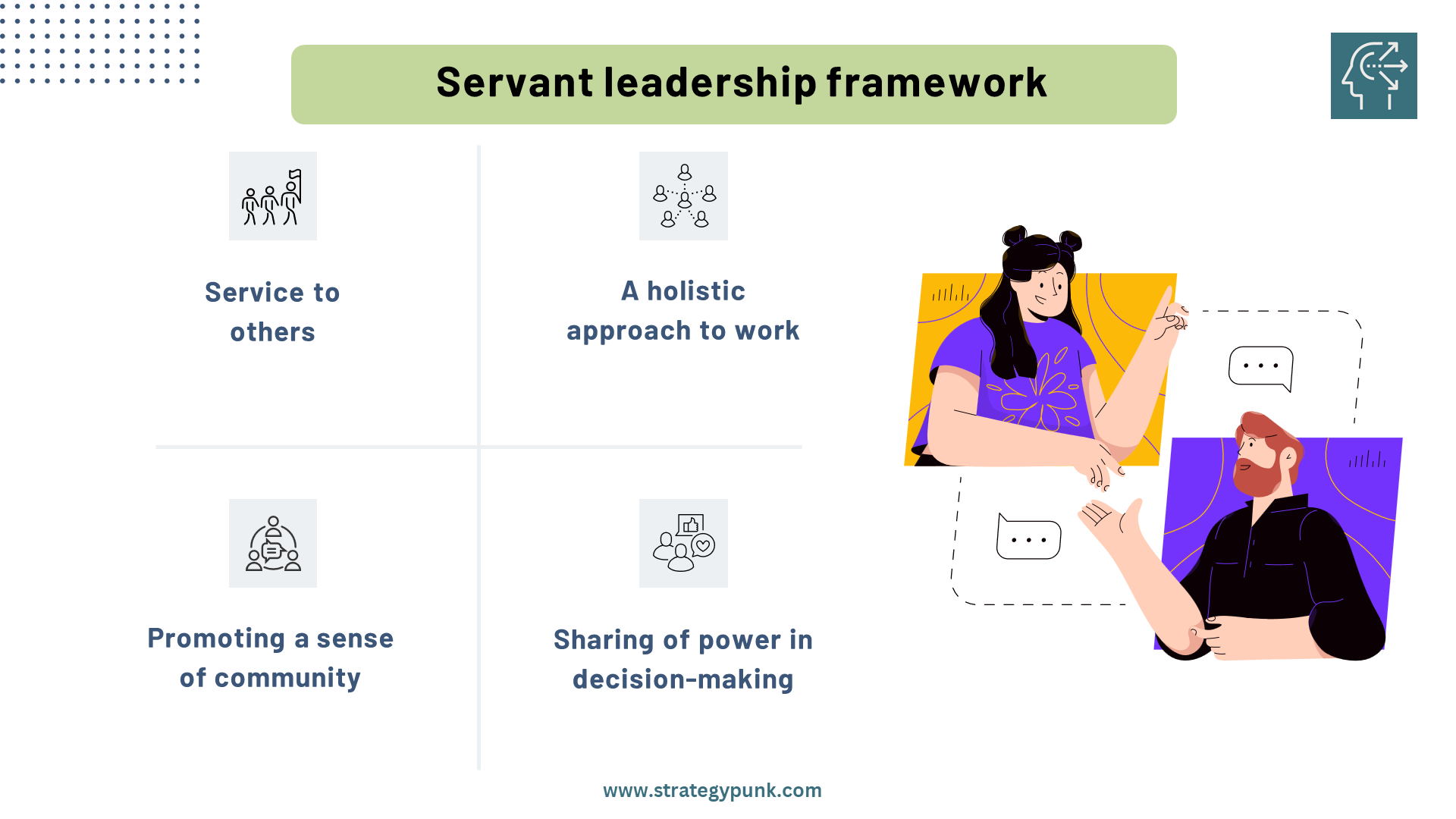### How to Become a Licensed Loan Officer: A Step-by-Step Guide for Aspiring Professionals
#### How to Become a Licensed Loan OfficerBecoming a licensed loan officer is a rewarding career path for those interested in the financial industry. This p……
#### How to Become a Licensed Loan Officer
Becoming a licensed loan officer is a rewarding career path for those interested in the financial industry. This profession not only offers a chance to help individuals secure financing for their dreams but also provides a lucrative salary and opportunities for growth. In this article, we will explore the essential steps and requirements involved in becoming a licensed loan officer.
#### Understanding the Role of a Loan Officer
Before diving into the steps to become a licensed loan officer, it’s crucial to understand what the role entails. A loan officer acts as an intermediary between borrowers and lenders, helping clients navigate the loan application process. They evaluate clients' financial situations, advise on suitable loan options, and assist in completing the necessary paperwork. Loan officers can work for banks, credit unions, or independent mortgage companies.
#### Step 1: Meet Educational Requirements
To start your journey, you typically need a high school diploma or GED. However, many employers prefer candidates with a bachelor's degree in finance, business, or a related field. This educational background provides a solid foundation in financial principles and regulations, which is essential for the role.
#### Step 2: Gain Relevant Experience

While formal education is important, gaining practical experience can significantly enhance your employability. Consider seeking internships or entry-level positions in financial institutions, such as banks or mortgage companies. This hands-on experience will help you understand the industry better and develop essential skills, such as customer service and financial analysis.
#### Step 3: Complete Required Pre-Licensing Education
In most states, aspiring loan officers must complete a pre-licensing education course. This course typically covers federal and state laws, ethical practices, and loan products. The National Mortgage Licensing System (NMLS) requires a minimum of 20 hours of education, which must be completed before you can take the licensing exam.
#### Step 4: Pass the NMLS Licensing Exam
After completing your pre-licensing education, the next step is to pass the NMLS licensing exam. This exam tests your knowledge of mortgage laws, regulations, and best practices. It’s advisable to study thoroughly and consider taking a prep course to increase your chances of passing on the first attempt.
#### Step 5: Submit Your Application

Once you pass the exam, you can submit your application for a loan officer license through the NMLS. This process includes a background check, credit check, and fingerprinting. Ensure that you have all the necessary documentation and fees ready to expedite your application process.
#### Step 6: Obtain Your License
After your application is approved, you will receive your loan officer license. At this point, you can start applying for loan officer positions. Keep in mind that some employers may require additional certifications or training, so be prepared to continue your education even after obtaining your license.
#### Step 7: Consider Additional Certifications
While not mandatory, obtaining additional certifications can enhance your credibility and career prospects. Certifications such as the Certified Mortgage Consultant (CMC) or the Mortgage Loan Originator (MLO) can set you apart from other candidates and demonstrate your commitment to the profession.
#### Step 8: Stay Updated with Industry Trends

The financial industry is constantly evolving, with new regulations and loan products emerging regularly. To remain competitive, it’s essential to stay informed about industry trends and changes. Consider joining professional organizations, attending seminars, and networking with other professionals to keep your knowledge current.
#### Conclusion
Becoming a licensed loan officer involves a series of steps, from meeting educational requirements to passing the licensing exam. By following this guide and staying committed to your professional development, you can build a successful career in the financial industry. Whether you aspire to work in residential or commercial lending, the skills and knowledge gained along the way will serve you well in helping clients achieve their financial goals.